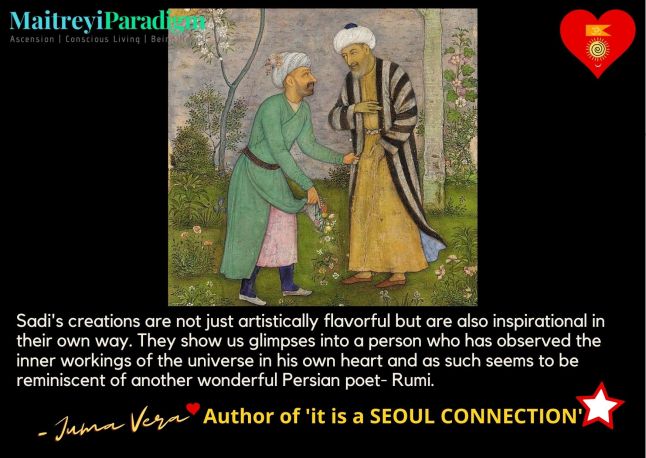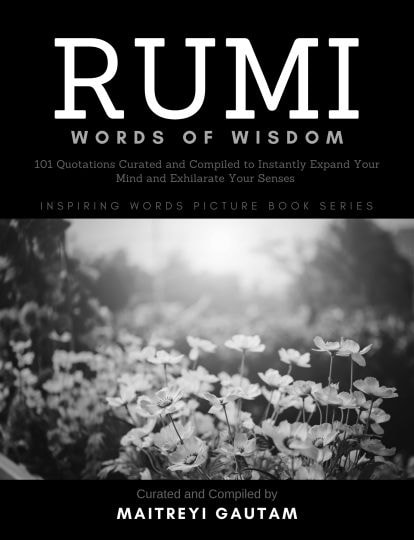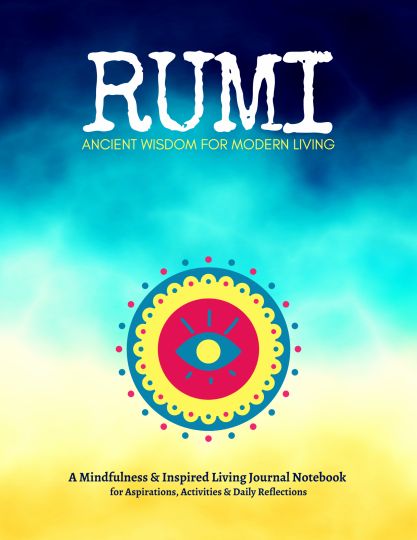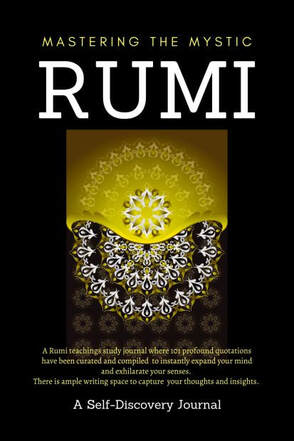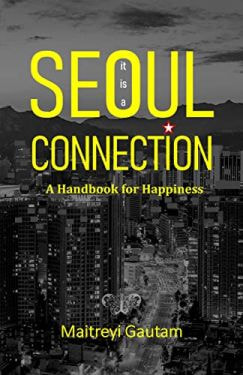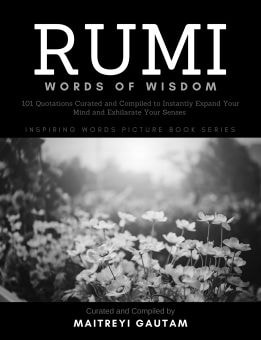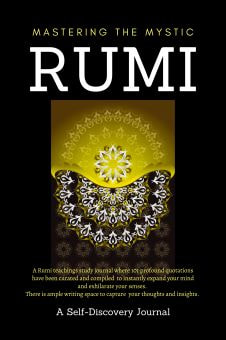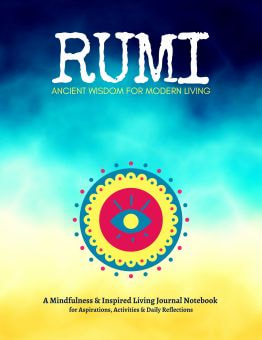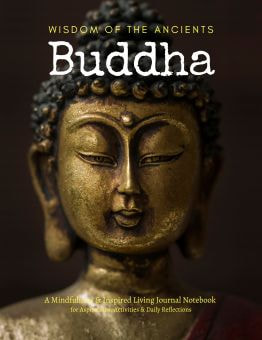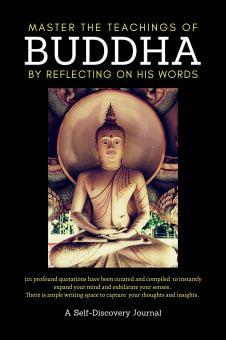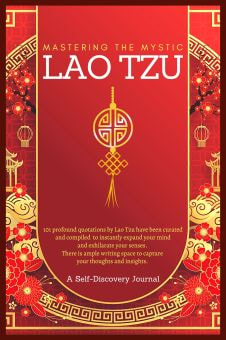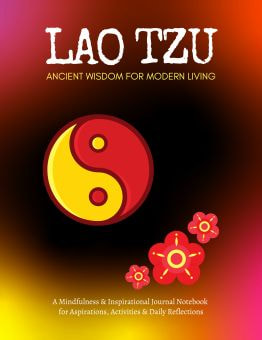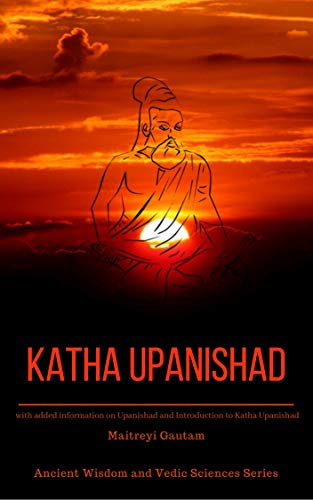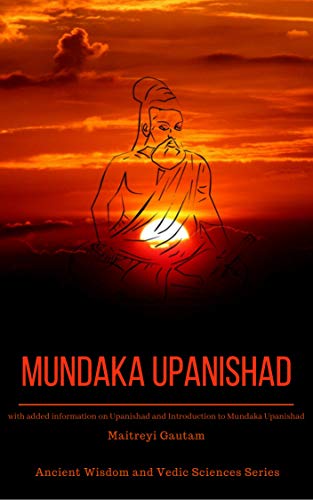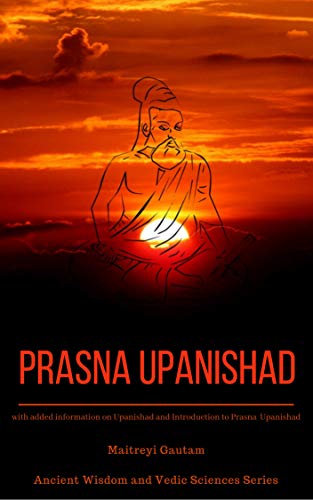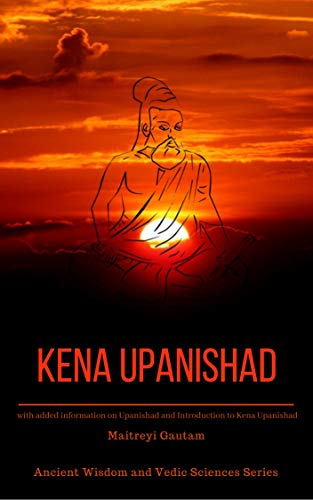Sadi was a deep observer of the absurdity and futility of human existence. Saadi is also known as a panegyrist as well as lyricist. He was the author of many odes that portray human experience and some odes, such as the lament about the fall of Baghdad following the Mongol invasion of 1258. Ghazaliyat ("Lyrics") contains his lyrics, while Qasaid ("Odes") has his odes. His works in Arabic are also well-known.
Bustan ("The Orchard") was completed in 1257, and Gulistan ("The Rose Garden") was completed in 1258. Bustan is entirely written in verse. It contains stories that illustrate the virtues of Islam (justice and liberality, modesty and contentment), as well as reflections about the behavior of dervishes, and their ecstatic ways. Gulistan is mostly in prose, and includes stories and personal anecdotes. There are a number of poems, advice and funny reflections in the text. His writings are of high quality and his moral and social thoughts are well-known.
The Persian poet Sadi, best known for his poetic collections the Bustan and Gulistan, also wrote this work, the Pand Namah, or Scrolls of Wisdom. This is a small collection of twenty-four poems on moral themes.
After the Mongol invasions of Baghdad, he was forced to live in isolated areas and met many caravans fearing for their lives on once-lively silk trade routes. Sadi lived in reclusive refugee camps where he met thugs and bandits, Imams (priests), men who formerly owned great wealth or commanded large armies, intellectuals as well as ordinary people.
It was probably such experiences of meeting men from various walks of life... who had it all and then lost it all... of men who were once powerful but now fearful for their survival and so on, that had a deep profound impact on his creative-works.
Sadi distinguished between the spiritual and the practical or mundane aspects of life. Sadi's creations are not just artistically flavorful but are also inspirational in their own way. They show us glimpses into a person who has observed the inner workings of the universe in his own heart and as such seems to be reminiscent of another wonderful Persian poet- Rumi.
Together with Rumi and Hafez, Sadi is considered one of the three greatest ghazal (long love poems)-writers of Persian poetry.
Here we present three of his poems from the famous collection- Scroll of Wisdom. Hopefully they will inspire you to mull and contemplate on the depth and profoundness of Sadi's words and thru them get a glimpse into the divine- which is ultimately the power that propels every true artistic creation!
ADDRESS TO THE SOUL
| Forty years of thy precious existence have expired; Yet thy life hath not passed beyond childhood. Thou hast spent all in lust and licence; Not a moment hast thou acted according to righteousness. Rely not upon unstable life; Be not confident that thou art safe from the sport of fortune |
ON THE EXCELLENCE OF GRATITUDE
| Whosoever hath a heart filled with gratitude to God, It is not becoming that he should tie up the tongue of praise. Teach thy soul nought but gratitude to God, For it is necessary to praise the Creator. Thy wealth and possessions are increased by gratitude; Victory entereth thy door, owing to gratitude. Wert thou to show gratitude to God till the day of reckoning, Thou would’st not discharge a thousandth part (of thy duties). Yes I it is best to lisp thy gratitude, For gratitude to Him is an ornament to Islam. If thou restrainest not thy tongue from gratitude to God, Thou wilt attain everlasting felicity |
IN EXPLANATION OF PATIENCE
| If patience is thy helper Thou wilt attain everlasting happiness. Patience is the attribute of prophets; Those who practise religion turn not aside from this direction. Patience openeth the door of the desires of friends, For save patience there is no key for them. Patience giveth thee the desire of thine heart, For at the hands of mankind thy difficulties are solved. Patience is best in every case, For in this sentence is much meaning. Patience giveth thee thy desire, It relieveth thee from pain and misfortune. Patience is the key of the door of thine aspirations, The enlarger of the kingdom of desire. Exercise patience if thou art religious, For haste is the attribute of devils. |
Continue reading...
| |
Ancient Wisdom and Mystic Islam
Keywords and Tags:
#saadi #sadi #PersianPoet #sufism #sufi #mysticislam #Rumi #dervish #whirlingdervish #Islamicmysticism #mystics #islamicasceticism #asceticislam #ScrollofWisdom

